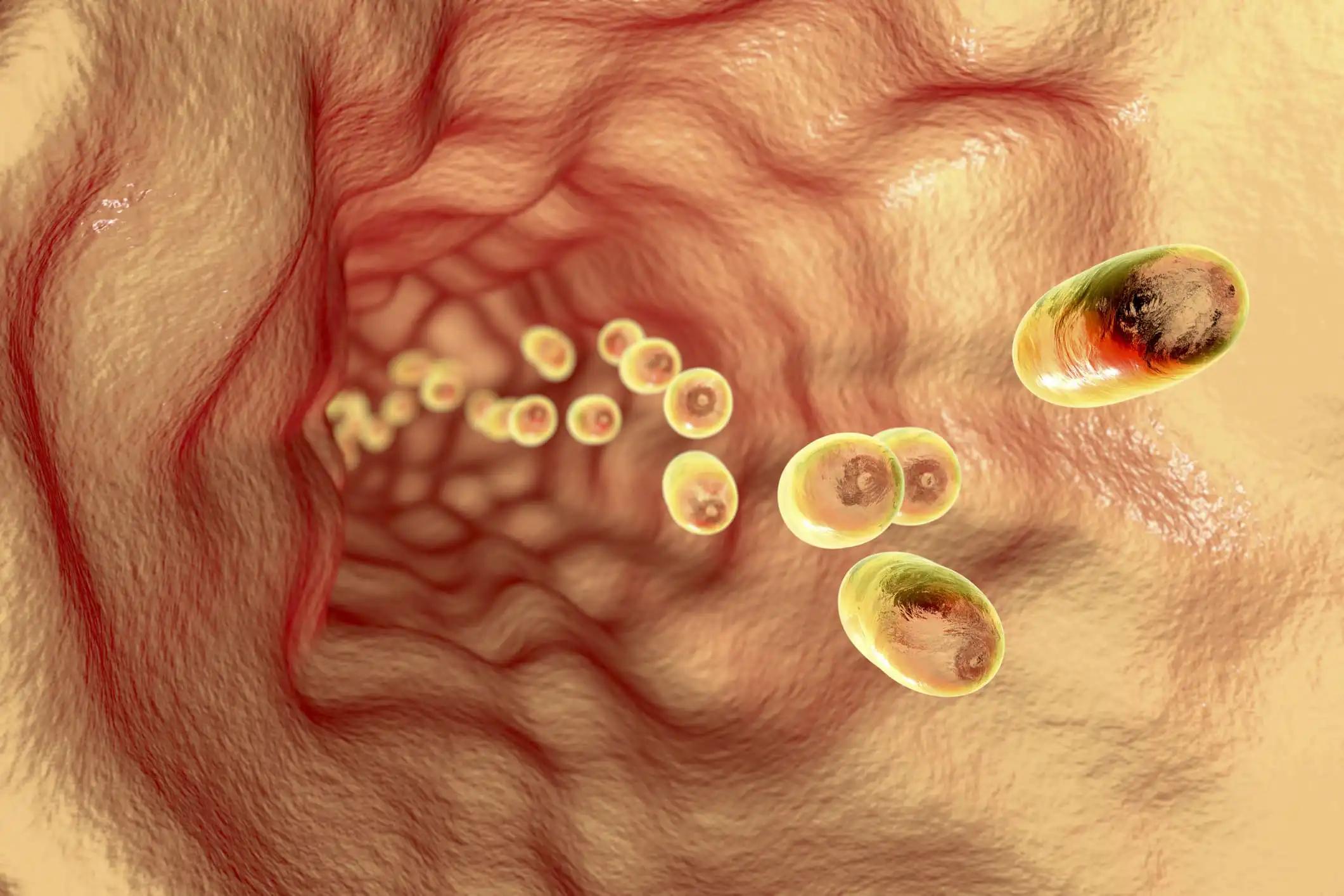KEY TAKEAWAYS
- The phase I trial aimed to report interim results of intravenous VCN-01 infusion followed by huCART-meso in ovarian and pancreatic cancer patients.
- The results showed promise for cancer treatment, warranting further investigation with higher doses and tumor biopsies.
Although preclinical studies indicate promising results for combining CAR-T therapies with oncolytic viruses, there is currently a lack of available clinical data.
To assess the safety and preliminary efficacy, Janos L. Tanyi and his research team aimed to report interim results of the ongoing Phase I study evaluating the treatment regimen involving intravenous VCN-01 infusion, an investigational hyaluronidase-armed oncolytic virus, followed by autologous T cells expressing a mesothelin-directed human chimeric antigen receptor modified T cells (huCART-meso), in three patients with epithelial ovarian and pancreatic cancer.
The combination of VCN-01 and huCART-meso, was evaluated for safety and feasibility. VCN-01 incorporated an integrin-binding motif for enhanced tumor tropism and selective replication in pRB-defective cells, along with PH20 hyaluronidase to potentially increase tumor penetrance of coadministered therapies.
About 3 patients received combination therapy at their designated dose without observing dose-limiting toxicities (DLTs). One subject experienced grade 2 cytokine release syndrome (CRS) lasting 2 days, while no neurotoxicity was observed. Transient grade 3 anemia, lymphopenia, and expected AST elevation from VCN-01 occurred. No grade 4 or higher adverse events (AEs) were reported.
All patients were retreated with huCART-meso cells via IV infusion post-Month 2. Extended detection of VCN-01 and huCART-meso in peripheral blood was noted. In patients with measurable disease (both with ovarian cancer), stable disease (SD) was observed for up to 150 and 300 days, with the largest decrease in disease volume being 15% and 29.1%, respectively, according to RECIST criteria.
The administration of 3.3 x 1012 VP VCN-01 via IV followed by 5 x 107 huCART-meso T cells after 14 days was both feasible and safe. Repeated dosing with huCART-meso post-Month 2 was deemed feasible. The persistence of VCN-01 suggested that active tumor infection and replication.
Encouraging trends were observed in the peak and duration of huCART-meso T cells in peripheral blood, along with the duration of stable disease in evaluable patients. Subsequent phases of the study will explore higher doses of VCN-01 and investigate tumor biopsies to enhance insights. These findings will guide the optimization of the CAR T cell and oncolytic virus combination. Research is sponsored by University of Pennsylvania.
Source: https://jitc.bmj.com/content/11/Suppl_1/A760
Clinical Trial: https://clinicaltrials.gov/study/NCT05057715
Tanyi JL, O’Hara MH, Hexner E, et al. (2023) ‘’Phase 1 trial of human chimeric antigen receptor modified T cells (huCART-meso) administered in combination with oncolytic virus VCN-01 in patients with pancreatic and ovarian cancer.’’ Presented at SITC 2023 (671).



